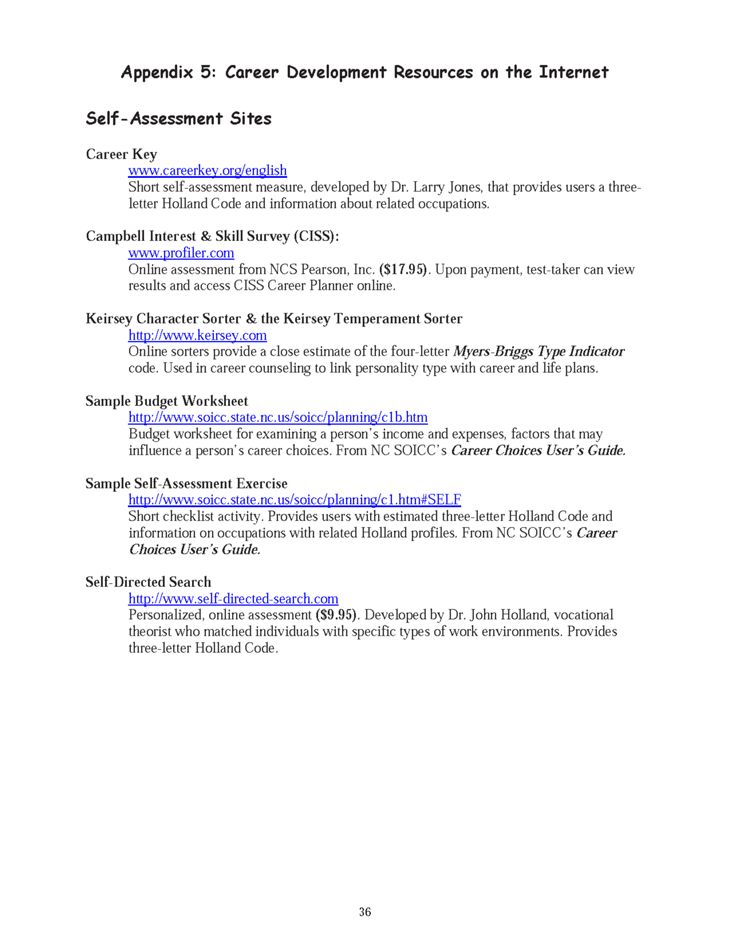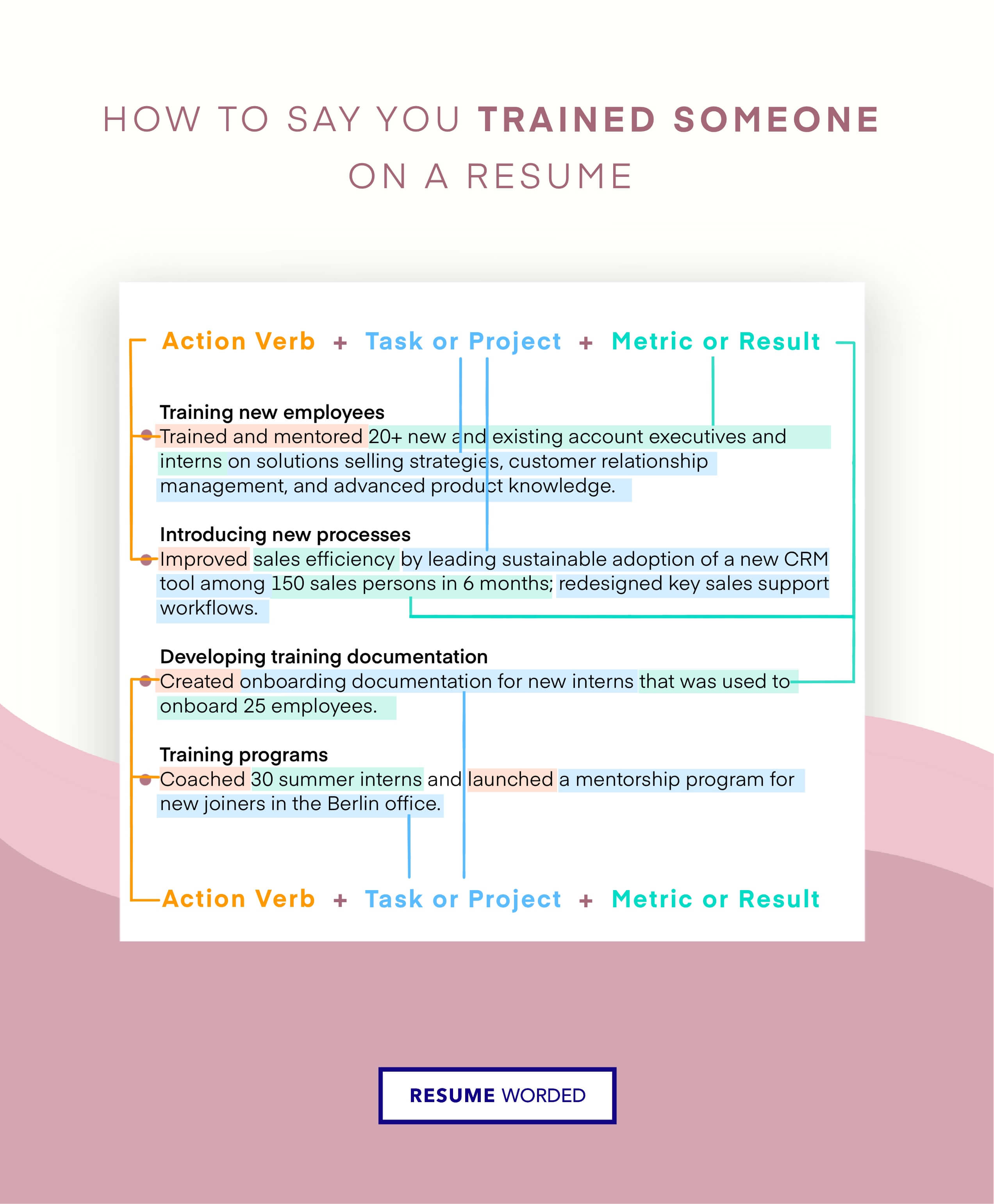
There are many ways to get involved in the event planning business. You should first network with other professionals in the industry. Volunteering your services or taking up an educational course are two options. Once you have established a network, it is time to start reaching out to companies and organizations for volunteer opportunities or assistance in their events.
Networking
To get into event planning, you need to make connections with others who have been in the field. Use social media to connect with industry professionals and meet potential clients. Ask your family and friends for recommendations. The easier it is to find a job, the more people you know.
Participate in trade shows and events to build relationships and a solid network. Networking is only one step. Next, you need to develop a system to track contacts, share ideas, as well as build long-term relationships. This is especially important when planning events for the first time.
Volunteering
Volunteering could be an option for those who are interested in event management. Volunteers are a vital part of any event. They can make all the differences. They are willing to give of their time because the event is important to them. Be sure to thank them for their time. Even the smallest thank-you can make a big difference.

Volunteering at community events can be a valuable way to gain experience and gain insights into the industry. Learn everything you need to know about hiring venues, dealing with the media, and assessing risks. Additionally, you will have the ability to interact with professionals and learn about various legal considerations.
Educational courses
There are many routes to event planning. These programs can provide a broad education, from marketing to risk management to finance and marketing, in order for you to be able plan events. Many programs provide coursework on the latest technologies and trends in the industry. You can also learn how to manage meetings, conventions, or tradeshows.
For any career in the event industry, education is essential. An event planning education will equip you with the knowledge and skills that you need. Many degree programs offer internships that allow you to put your knowledge into practice and gain practical experience in the industry. Dual degree programs are offered by some programs.
Duties of the job
Event planners' job duties can vary and include many tasks. They may coordinate with vendors to coordinate music and catering and coordinate travel. These tasks can either be performed at home or in an office setting.
Event coordinators are responsible for managing vendors, venue staff, as well as clients outside of their organization. They must also be able to delegate tasks to others, and organize large events. Event coordinators must also have excellent communication skills and attention to detail.

Budgeting
Budgeting for event planning is an important step to take before a big event. Budgets should reflect the total cost of the event. So that you do not spend more money on the event than you can afford, it is essential to determine how much each item will cost. An excellent way to estimate your event budget is by looking at past events. You can also research current trends, and the needs of your targeted audience. It is also beneficial to maintain good vendor relationships.
After determining the general event budget, allocate at least 20% of the budget to the contingency fund. This will allow you to cover unexpected expenses and keep the event within budget. A contingency plan can also be used to communicate with clients regarding the expected expenses.